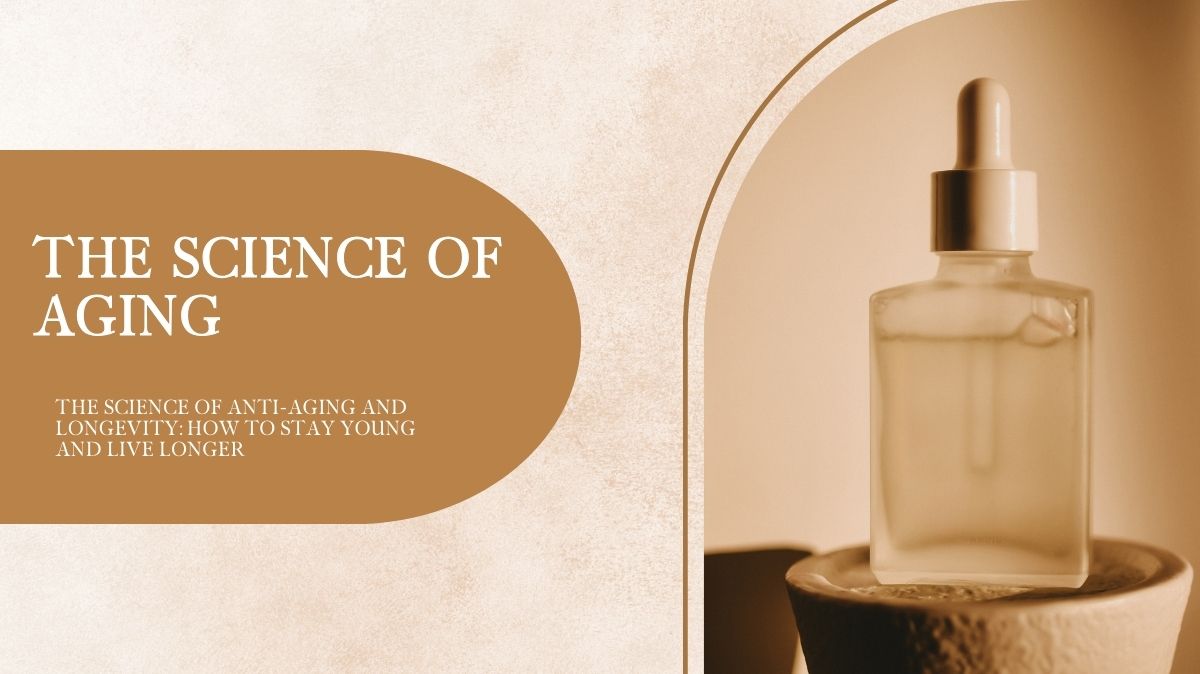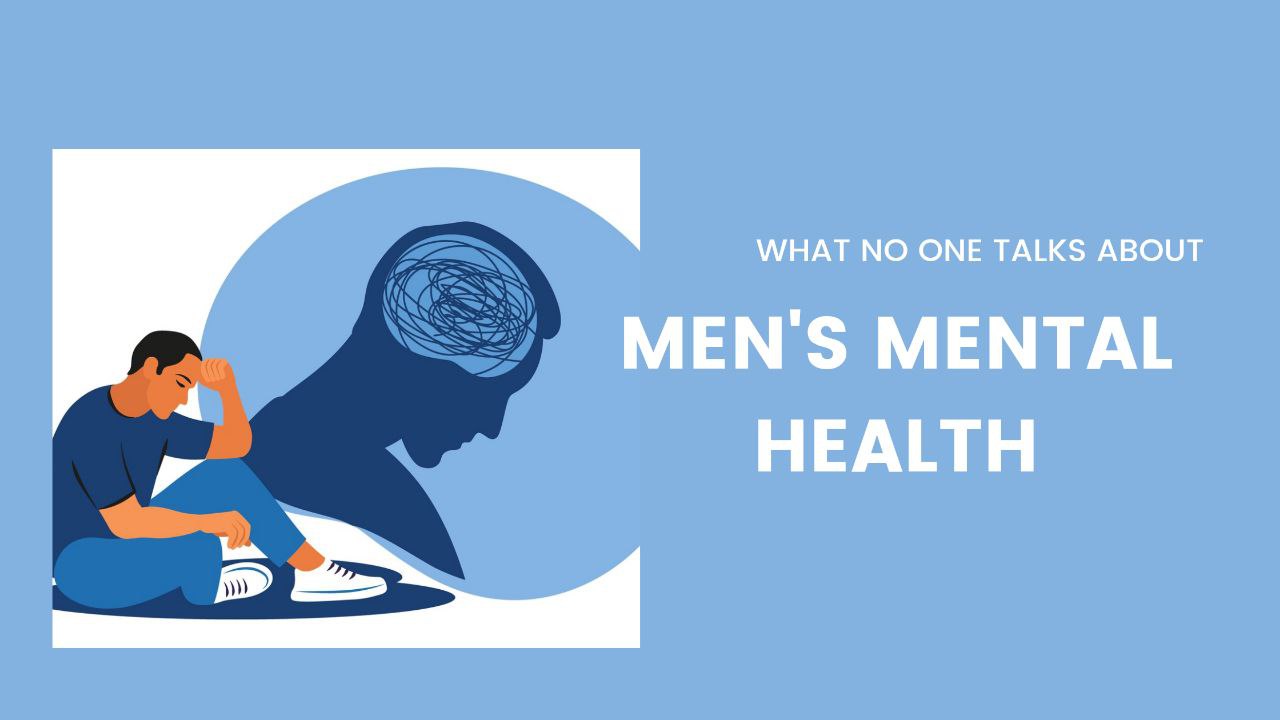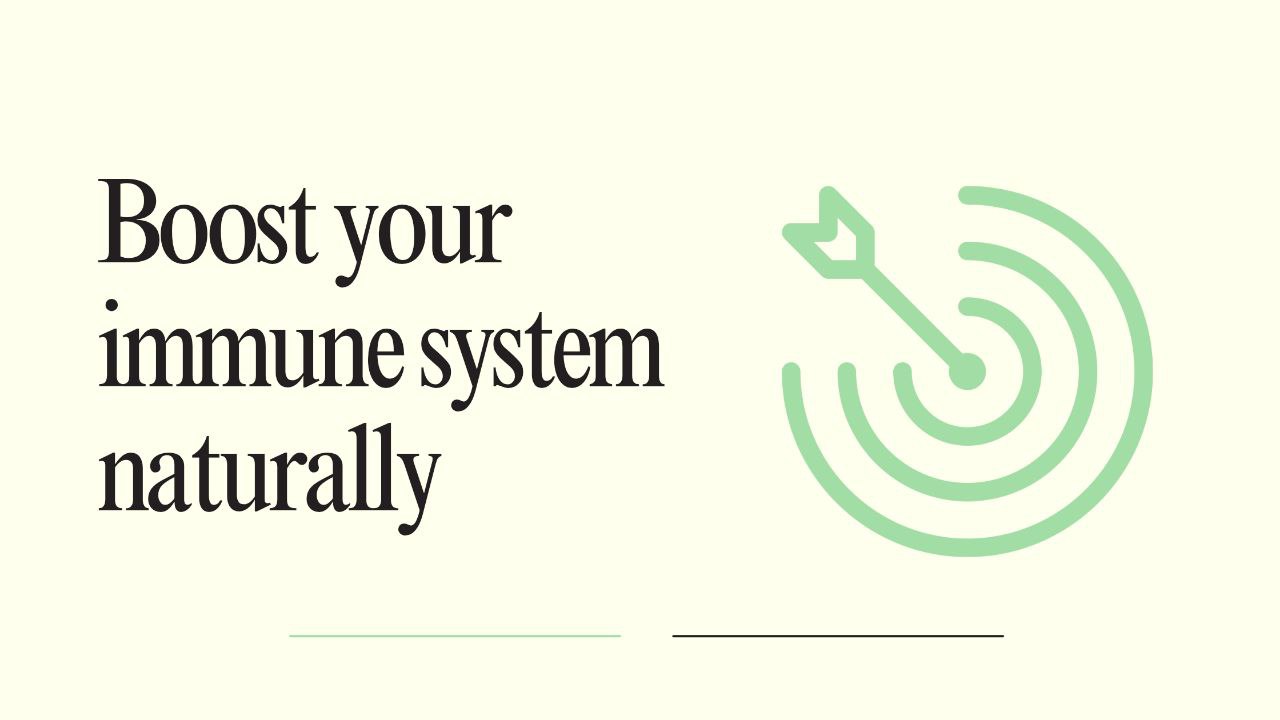The science of anti-aging focuses on improving cellular health, reducing oxidative stress, and optimizing lifestyle factors to promote longevity. While we cannot stop time, we can certainly slow down its effects and maintain a youthful body and mind for as long as possible.
In this comprehensive guide, we’ll explore how to anti-age, the latest research in longevity, and practical steps to incorporate anti-aging strategies into your daily routine.
Understanding the Science of Anti-Aging
Aging occurs at the cellular level due to DNA damage, oxidative stress, and the shortening of telomeres (the protective caps at the end of chromosomes). The science of anti-aging aims to counter these processes by enhancing DNA repair, reducing inflammation, and optimizing the body’s natural regeneration mechanisms.
Key biological processes involved in aging include:
Telomere Shortening: Every time a cell divides, telomeres get shorter. Once they become too short, cells stop functioning properly, leading to aging.
Oxidative Stress: Free radicals damage cells, proteins, and DNA, accelerating aging.
Chronic Inflammation: Persistent low-grade inflammation can contribute to age-related diseases.
Mitochondrial Dysfunction: Mitochondria, the energy powerhouses of cells, weaken over time, reducing cellular energy and function.
By understanding these mechanisms, scientists have developed strategies to slow down aging and improve longevity.
How to Anti-Age: Practical Steps to Stay Young
1. Optimize Your Diet for Longevity
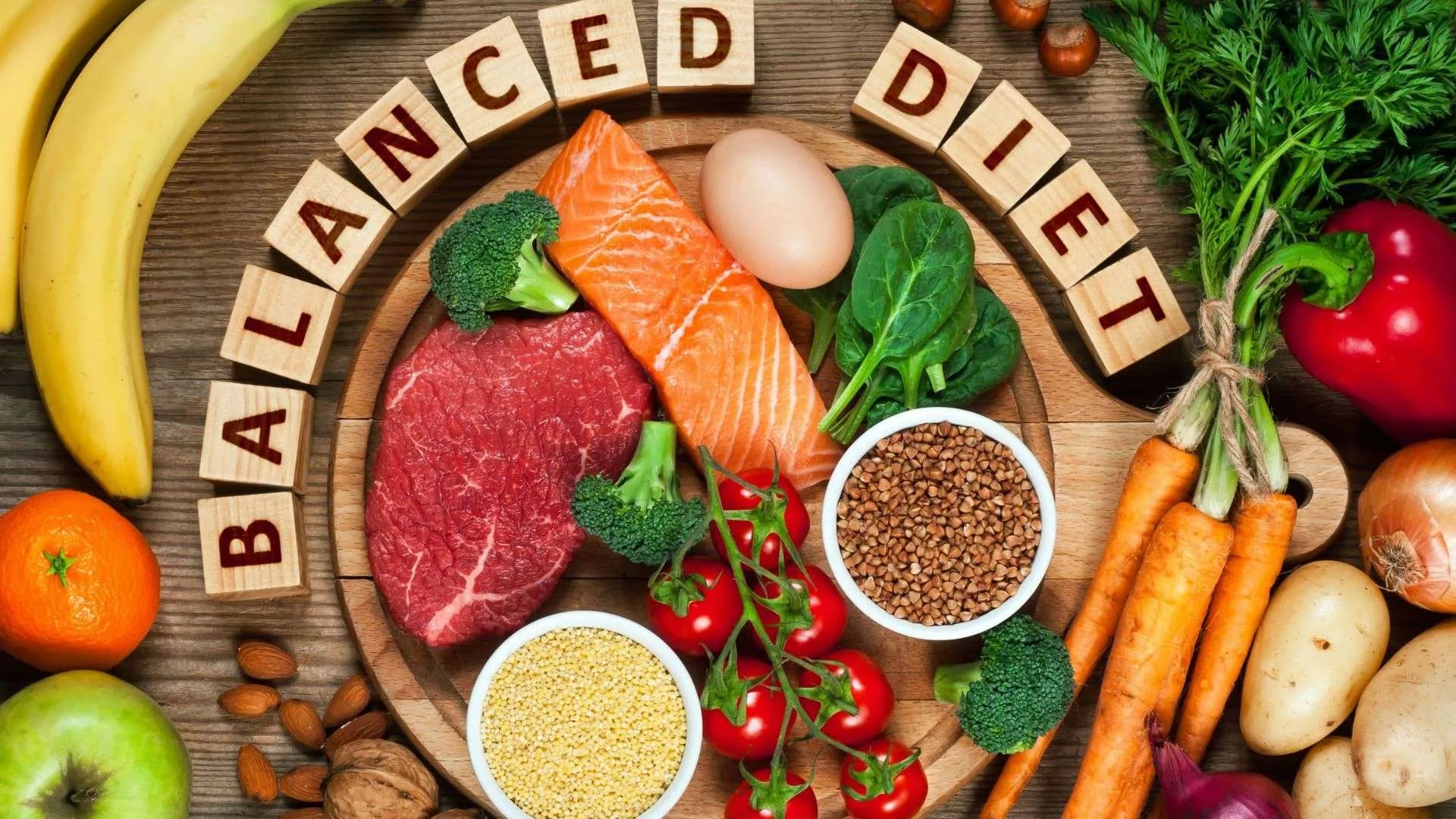
What you eat directly impacts how you age. Certain foods promote longevity, while others accelerate the aging process.
Eat Antioxidant-Rich Foods: Berries, green tea, dark chocolate, and leafy greens help neutralize free radicals and prevent cell damage.
Follow an Anti-Inflammatory Diet: Omega-3 fatty acids (found in fatty fish, flaxseeds, and walnuts) reduce inflammation and protect against age-related diseases.
Practice Intermittent Fasting: Fasting activates autophagy, a natural process where the body cleans out damaged cells and regenerates new ones. This is a key component in the science of anti-aging.
Reduce Sugar and Processed Foods: High sugar intake leads to glycation, a process that damages collagen and accelerates skin aging.
2. Exercise Regularly to Maintain Youthfulness

Physical activity is one of the most effective ways to slow down aging and promote longevity.
Strength Training: Lifting weights preserves muscle mass, improves bone density, and boosts metabolism.
Cardio Workouts: Running, cycling, and swimming improve cardiovascular health and increase lifespan.
Yoga and Stretching: Flexibility and mobility exercises prevent joint stiffness and reduce the risk of injuries as you age.
High-Intensity Interval Training (HIIT): Short bursts of intense exercise improve mitochondrial function and enhance longevity.
3. Prioritize Quality Sleep for Anti-Aging

Poor sleep accelerates aging by increasing inflammation, impairing cognitive function, and reducing cellular repair. To optimize sleep:
Stick to a Sleep Schedule: Go to bed and wake up at the same time every day.
Create a Restful Environment: A cool, dark, and quiet room promotes deep sleep.
Avoid Blue Light Before Bed: Exposure to screens before sleep disrupts melatonin production, making it harder to fall asleep.
Practice Relaxation Techniques: Meditation, deep breathing, and progressive muscle relaxation improve sleep quality.
4. Manage Stress to Prevent Premature Aging
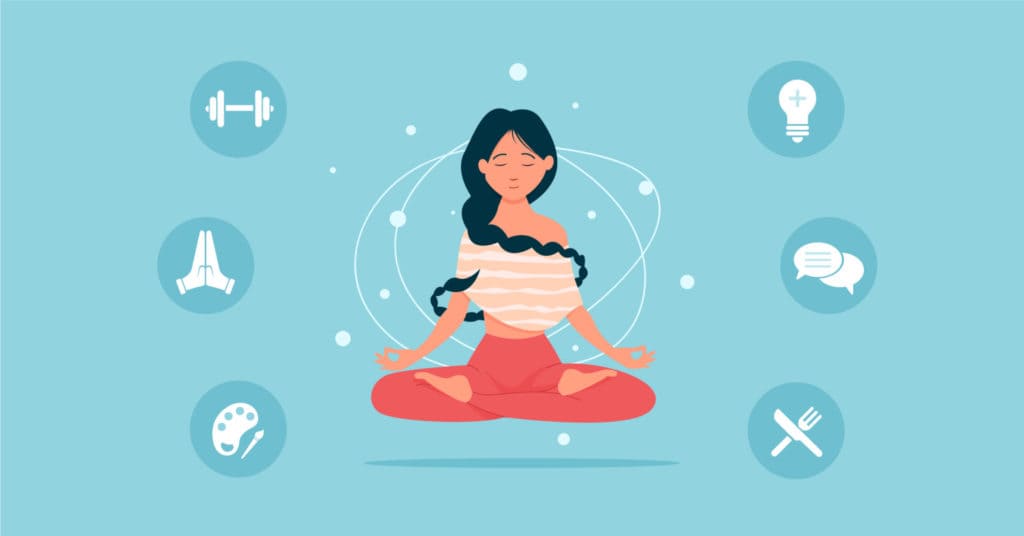
Chronic stress leads to increased cortisol levels, which accelerate aging and increase the risk of chronic diseases. Managing stress is essential for longevity.
Meditation and Mindfulness: Daily mindfulness practice reduces stress and enhances emotional resilience.
Breathing Exercises: Deep breathing techniques help lower stress hormones and improve overall well-being.
Social Connections: Maintaining strong social relationships has been linked to longer lifespans and better mental health.
5. Biohacking and Cutting-Edge Anti-Aging Treatments
Science has provided advanced tools to slow down the aging process. Some of the latest biohacking techniques include:
NAD+ Therapy: Nicotinamide adenine dinucleotide (NAD+) supplements boost cellular energy and DNA repair.
Peptide Therapy: Specific peptides stimulate collagen production, muscle growth, and tissue regeneration.
Cold Exposure: Ice baths and cold showers activate brown fat, improve circulation, and enhance mitochondrial function.
Gene Editing (CRISPR Technology): While still in research stages, gene editing may hold the key to reversing aging in the future.
How to Look Younger Naturally
Aside from internal health, external appearance also plays a role in how we age. Here are some natural ways to maintain youthful skin and body:
Stay Hydrated: Drink plenty of water to keep skin plump and hydrated.
Use Sunscreen Daily: UV rays cause premature wrinkles and sunspots, accelerating aging.
Incorporate Retinol and Vitamin C: These skincare ingredients boost collagen and reduce fine lines.
Avoid Smoking and Alcohol: These habits accelerate skin aging and lead to premature wrinkles.
Final Thoughts: The Science of Anti-Aging and Your Longevity Plan
The science of anti-aging is constantly evolving, but one thing remains clear—your daily habits significantly impact how you age. By making mindful choices about your diet, exercise, sleep, and stress levels, you can slow down the aging process and increase your lifespan.
Aging may be inevitable, but premature aging is not. Start incorporating these anti-aging strategies today to maintain a youthful, vibrant, and long life.
